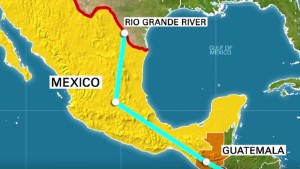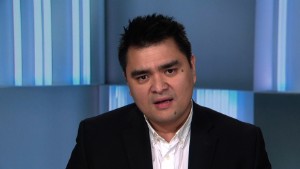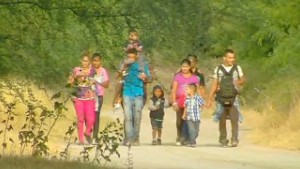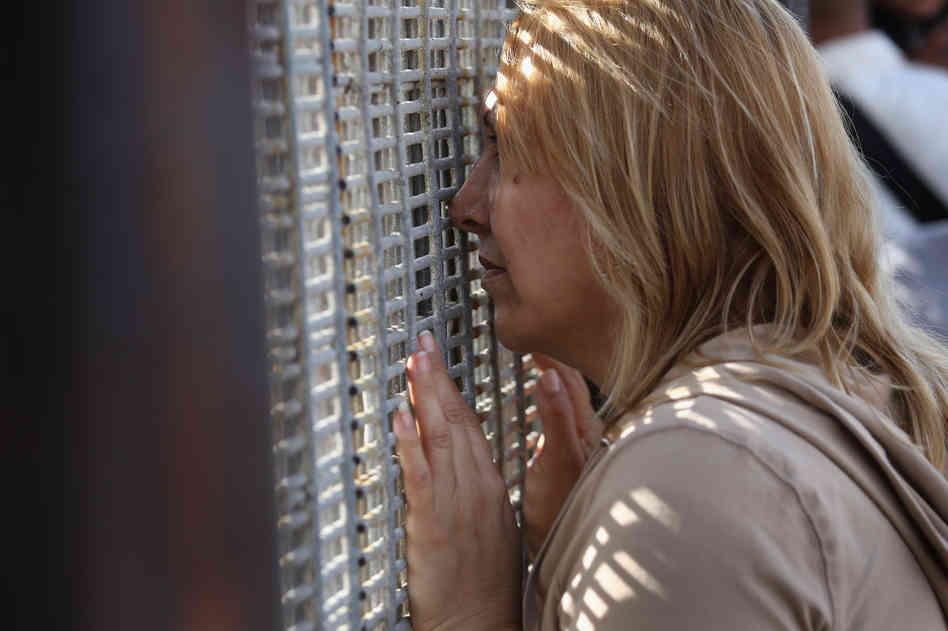The mayor of Murrietta, which has seen protests in recent days that prevented federal officials from housing some immigrant detainees at a facility there, defended his town’s response to the issue.
Mayor Alan Long said on CNN Sunday that residents are worried whether the U.S. Border Patrol could safely house the immigrants — including many children — at its Murrieta facility.
“We’re a very small town here in Murietta, and all the sudden we have a national problem at our doorstep,” Long told CNN. “We had some local residents with some legitimate concerns. I think most of the angry people you saw were from out of town.”
Long also pushed back against criticism that his town is getting over the protests.
“What I’m telling you right now, if those buses were to arrive here tomorrow, and enter the Border Patrol facility, you would see what Murrieta is known for. And that is a caring, compassionate community,” he said.
Long added: “This is a national problem, and the world showed up on our doorsteps. We didn’t have a lot of answers early on, and there were some legitimate concerns, health concerns and humane concerns. People were concerned about the people, the immigrants coming here. Would they have proper facilities? Who is going to take care of them? How long is this going to be for?
Five people were arrested Friday during protests.
A charter plane carrying immigrants who entered the country illegally arrived at San Diego’s Lindbergh Field on Friday evening. Three U.S. Homeland Security Department buses arrived a few minutes later, trailed by numerous law enforcement vehicles.
Federal officials had said earlier in the week that 140 immigrants detained while crossing the border into Texas would arrive Friday. But since a blockade by protesters forced three busloads of migrants to turn around Tuesday in Murrieta, officials have declined to provide information about the movement of the immigrants.
According to a law enforcement source, the latest group to arrive in California was taken to a Border Patrol facility in San Ysidro for processing.
Hundreds of people gathered on the road to the Murrieta processing center, anticipating another convoy of vehicles containing immigrants.
The number of protesters swelled Friday despite the summer heat, the Fourth of July holiday and a police strategy that mostly kept the groups apart and away from the processing center.
In a reversal from earlier in the week, there were substantially more demonstrators on the immigration-rights side.
Authorities kept the road to the center clear and the protesters in check, although scuffles did break out. Murrieta police arrested five people for obstructing officers during an afternoon altercation. One other person was arrested earlier in the day.
The group protesting the transfer of the immigrants to California waved American flags and chanted “USA,” while across the street demonstrators responded with, “Shame on you!”
Copyright © 2014, Los Angeles Times
Source Article from http://www.latimes.com/local/lanow/la-me-ln-murrieta-immigrant-protests-mayor-defends-his-towns-actions-20140706-story.html?track=rss
Murrieta immigrant protests: Mayor defends his town's actions
http://www.latimes.com/local/lanow/la-me-ln-murrieta-immigrant-protests-mayor-defends-his-towns-actions-20140706-story.html?track=rss
http://news.search.yahoo.com/news/rss?p=immigrant
immigrant – Yahoo News Search Results
immigrant – Yahoo News Search Results

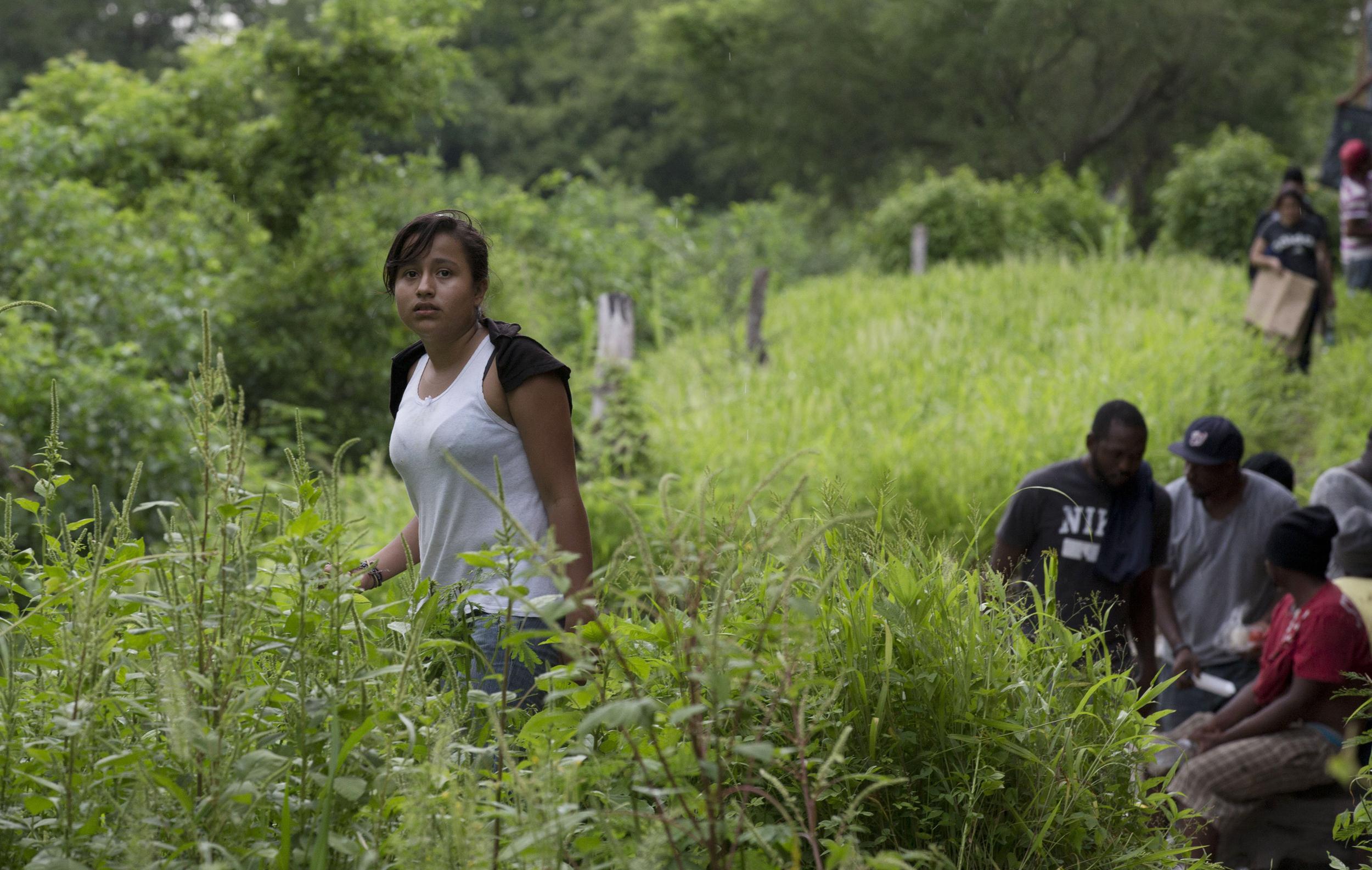 Rebecca Blackwell / AP
Rebecca Blackwell / AP


